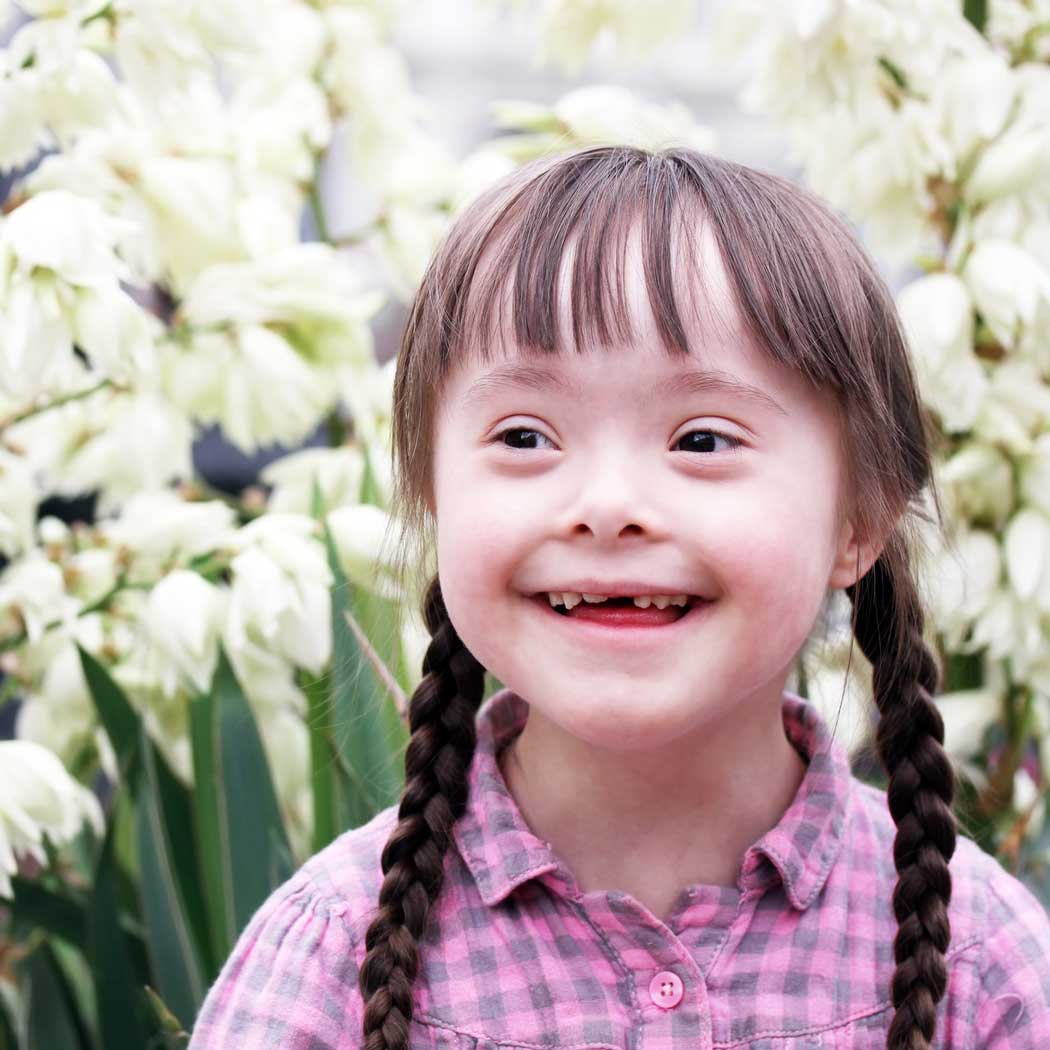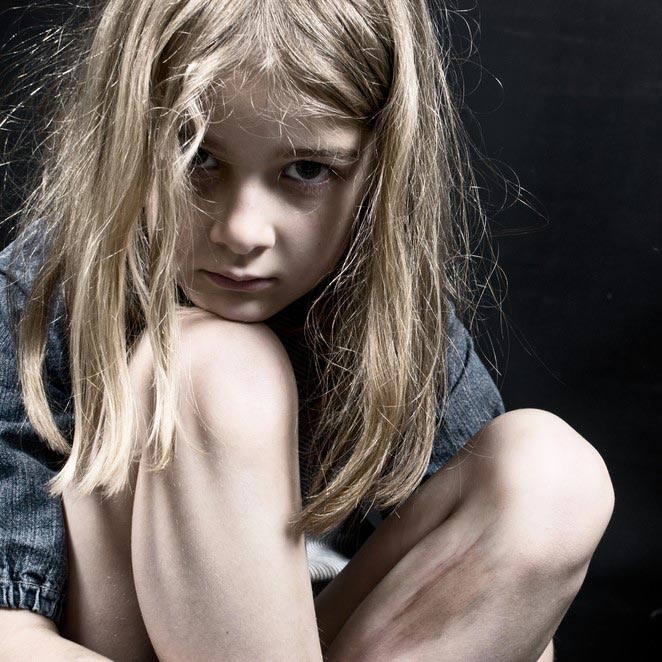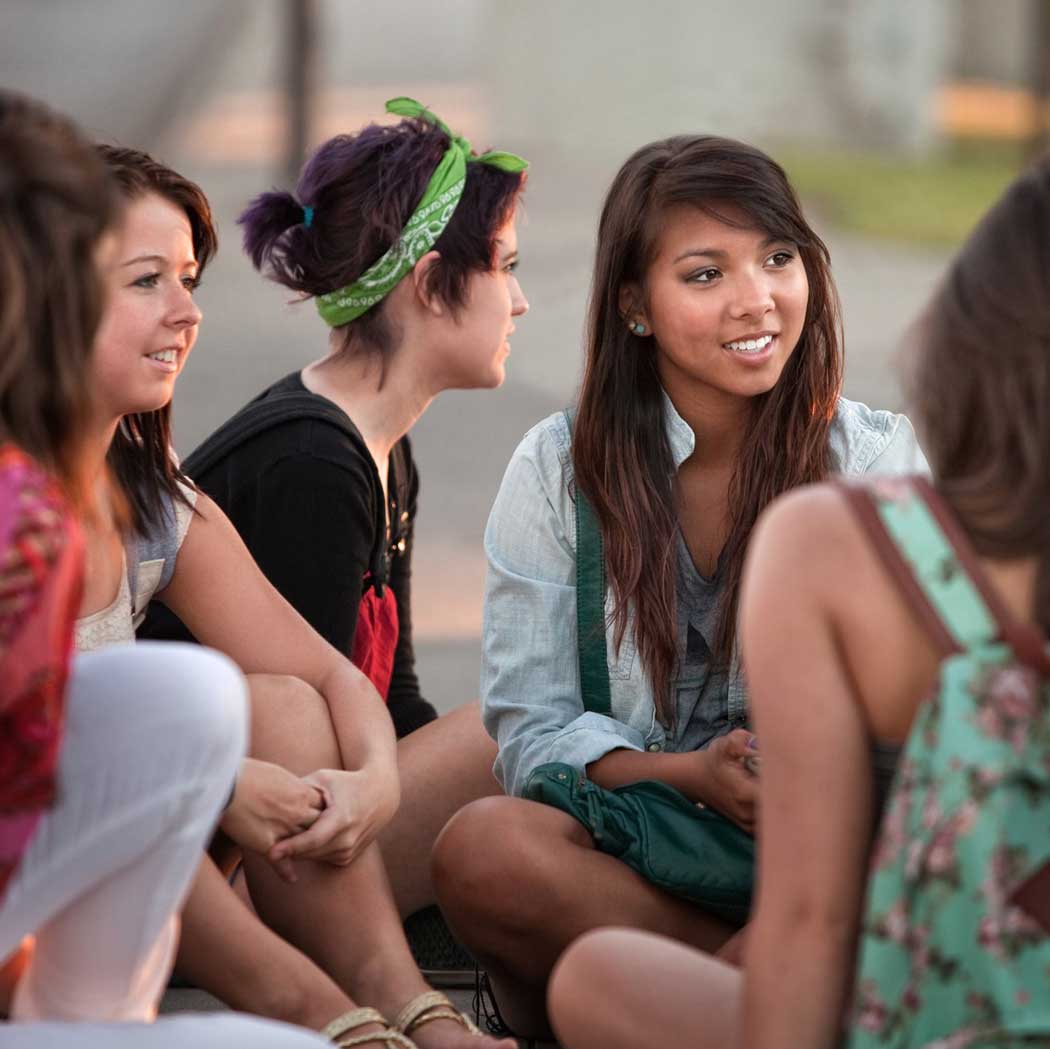
What type of law are you talking about?
In our parliamentary system, a federal bill would be introduced by either a Member of Parliament or a Senator. After debate and discussion in the House of Commons, it would be voted on by all members and need to gain a majority vote before being passed into law. A law introduced at this level, such as prohibiting sex-selective abortion or banning abortion after the first trimester, (or banning all abortions!) would apply to all provinces.
Each province also has jurisdiction over provincial health care funding and regulations, so provincial regulations can have a valuable impact on things like public funding for abortion, parental notification requirements, and mandatory waiting periods before being granted an abortion.
There is currently no law, federally or provincially, protecting pre-born human rights, and there is no abortion-related bill currently before Parliament. We would support any law, federally or provincially, that restricts abortion, as it would be a step in the right direction.
Three laws that we believe could (and should) be passed in the next 3-8 years focus on finding the common ground many Canadians share. These are issues where being pro-abortion is not viewed as being pro-woman. The first is a late-term abortion law that would protect pre-born children in the later stages of pregnancy while also protecting women from more harmful abortions with greater risks and complications; the second is a law prohibiting sex-selective abortions, where girls are devalued and aborted simply for being girls; the third is a law that would protect pre-born victims of crime, allowing them to count as victims when they die as a result of deliberate violent crime.
Note: The three laws suggested above do not include a total ban on abortion. This is NOT because we do not believe all pre-born children should be protected. We do! But we also understand that saving some is better than saving none. For more on this, please read our position paper, Why Direction Matters.

Isn’t abortion just a religious issue?
Abortion is absolutely a religious issue. God created all people in His image, and therefore life is sacred and not to be ended based on human discretion.
It is not, however, ONLY a religious issue; it is also a human rights issue. The right to life is a fundamental right in our society, and taking it away from our most vulnerable is a strong indicator of our values as a society. A newborn child is as helpless as a pre-born child, yet we assign it legal standing and protection as soon as it has exited its mother’s womb. All Canadians can recognize and fight the injustice of discrimination based on a person’s age, ability and location. This is why we work openly with various pro-life groups from across all spectrums, as this is an issue that goes far beyond religious considerations.

What about known fetal abnormalities?
To accept fetal abnormalities as a legitimate reason for abortion is to accept that certain people are less valuable than others and their lives are not worth living, that society would be better off without them. This is a dangerous view not only because prenatal testing is so often wrong and many healthy babies are aborted, but also because it devalues those living with disabilities. Abortions carried out because of perceived disabilities deprive the world of unique and precious individuals who will have untold impact on the many lives they touch.
When a woman discovers that her child in the womb will face exceptional challenges she will have many questions. Instead of encouraging her to end the life of her child through abortion, she should be surrounded with supportive measures that will enable her to provide the special care required for her child when it is born.
Attempts to create a perfect society by destroying those who are less than perfect leaves all of us vulnerable. The question is not one of perceived ability, but whether the pre-born child is fully human and therefore deserving of the right to life.

What about abortion in cases of rape?
Rape is an act of violence against an innocent woman, and she needs to be treated with deep compassion and support. If a pregnancy results from such an assault it can, quite understandably, be a crisis situation for an already traumatized woman. To encourage her to choose abortion, however, is to add another victim to the crime. It is also a failure to acknowledge the additional psychological consequence that the woman will endure. The solution to violent crime is never to create another victim. The stories of women who have an abortion after a sexual assault indicate that they may feel as if they were being raped all over again. Listen here for one woman’s testimony.
It’s also a wrong assumption that all women who conceive a child through rape want an abortion. There has been very little research in this area, but one of the studies done by the Elliot Institute shows that 69% of 192 women who became pregnant as a result of sexual assault chose to continue the pregnancy. In one study, women who carried their babies to term, although frightened at first, felt they had done the more positive thing by giving their children life; they felt they had turned something awful into something good (Mahkom and Dolan, “Sexual Assault and Pregnancy,” New Perspectives on Human Abortion, University Publishers of America [1981], pp. 182-199). Focusing on this can give a victimized woman a new, more hopeful perspective by placing value on her unique ability to protect the life within her, regardless of how it came to be.

How can you be both pro-woman and pro-life?
We wholeheartedly believe that abortion is, at its very heart, anti-women. It tells women that having children is a weakness, that what makes them unique from men is a problem. Abortion is a means to try to make women more like men, instead of valuing and honouring a role that is exclusively theirs in society.
Further, rather than supporting women in crisis pregnancies, abortion gives an “out” that may leave them with significant physical, mental and/or emotional scars that will follow them for their whole lives. It does not solve surrounding problems, and leaves an opening for ongoing abuse, financial insecurity, and a general feeling of being unsupported.
We are uncompromisingly pro-life because we value all life, born or pre-born, regardless of age, ability, gender, or socioeconomic status. This consistency allows women to trust in their own inherent value and worth, part of which includes the honour and responsibility of carrying children.
To that end, we do believe women have a responsibility toward their children to protect their lives while they carry them, and doctors have a responsibility to uphold and protect life, and so to refuse to perform abortions. We agree that this is ultimately a matter of changing hearts and minds, but firmly believe that does not preclude criminal laws against abortion. In general, we do not allow citizens to self-regulate wrong behaviour in the hope that things such as murder, reckless driving, robbery or assault will be rare and ignored by those not personally involved. Rather, we agree as society that we will not accept such behaviour among us, and institute consistent consequences as well as we can.
In many cases, criminal charges and sentencing are impacted by circumstances, and we do not advocate for lengthy criminal sentences as a consequence for seeking an abortion out of desperation. However, laws reflect the beliefs and tone of society, and a society that respects and values life should have that reflected in its laws.

Do minors need parental permission for abortions?
There is no legal requirement in Canada for either the teen or the doctor performing the abortion to inform her parents of a minor’s decision to have an abortion. Minors are able to obtain abortions without parental awareness, notification, or consent. We have done extensive research which shows the potential physical and psychological dangers this poses to teens, as well as the effect this has of undermining parental authority and fragmenting the family unit.
Parents are still required to consent to field trips, tattoos, and even tanning salons, yet their minor daughters can have life-altering surgery without their knowledge. This opens the door for potential abuse to continue unnoticed, or for girls to be unable to access the follow-up care they may need, both physically and emotionally.
The American College of Pediatricians has published an excellent position paper on this topic, available here.

Why an incremental approach instead of a full ban on abortion?
While we believe that life begins at conception, we also believe that protecting some is better than protecting none. For example, if we could successfully advocate for a law banning abortion after the first trimester, we could potentially save more than 12,000 babies annually in Canada. Along with that tangible value, incremental legislation starts to shift the cultural tide as more and more people recognize the humanity of pre-born children and the innate right to life that comes with that.
Incremental laws are, by definition, imperfect laws. They protect some, but not all, pre-born children. So why would we focus on building support for these imperfect laws instead of pouring all our energy and resources into a complete ban on abortion? The answer is that we are working within a particular political, legal and cultural climate where a complete ban is not going to happen without a miracle – a miracle we would be thrilled to witness, but not a miracle in the hands of men.
Supporting an imperfect law does not mean we condone abortions outside of that law, but rather that we support restrictions and regulations on something that is currently unrestricted. Abortion is legal and available in Canada throughout all of pregnancy until the moment of birth. Pro-life advocates literally have nothing to lose and everything to gain by supporting steps toward protecting some while working to protect all. You can read our full position paper on the morality of gestational limits here.

What about all the kids that are going to grow up in abusive homes and/or poverty?
Yes, some kids grow up in terrible circumstances. But some kids are also living in terrible circumstances – we don’t kill toddlers or teens who live in poverty or with abusive caregivers. Rather, we try to offer support and exit strategies. It’s true that too often we, as a society, fail these children. Our failure, however, is not an excuse to kill off potential future responsibilities. Even those with idyllic childhoods can end up suffering terrible pain or hurt later in life – we would not suggest that this possibility, which applies to us all, would be best dealt with by avoiding life altogether. Such a view fosters and encompasses overall anti-life attitudes which support such means as suicide, euthanasia, and abortion to prevent or end suffering, forgetting that suffering is common to all of us at some point or another and does not remove our humanity. To remove a chance at life denies the innate humanity of pre-born children, and the right to life that comes with that.

Doesn’t Canada already have some kind of law regulating abortion?
Nope. We wish they did, but currently it’s a free-for-all where any baby can be aborted at any point in a pregnancy, for any reason at all, with no legal repercussions. In 1988, the Supreme Court struck down existing laws but left it up to Parliament to make new ones – a task Parliament never accomplished. As a result, there is a misperception that abortion has become a “right” in Canada. In fact, the Court intended for laws to be made, and even encouraged Parliament to do so. Here is some more detailed information:
The 1988 Morgentaler Decision: http://www.morgentalerdecision.ca/
History of Abortion in Canada: http://abortionincanada.ca/history/abortion-in-canada-timeline/
The legal reality of abortion in Canada: http://activatecfpl.theefc.ca/journal/2010/5/31/defying-common-sense-the-criminal-code-and-the-being-born-ne.html
Abortion statistics – there’s a lot we don’t know: http://run-with-life.blogspot.ca/2016/08/how-can-we-discuss-abortion-when-we_20.html

Where can I find more information about abortion and its effects?
Methods of Abortion: http://www.abort73.com/abortion/abortion_techniques/
Physical and Psychological Impacts of Abortion: http://www.deveber.org/womens-health-after-abortion
Information for those considering abortion, adoption and parenting: http://www.choice42.com/impregnant
Pro-life Education: https://www.thesignalhill.com/

How can I talk about this with other people?
This can definitely be a tough topic to bring up at a dinner party! One of the most effective ways to talk to people about abortion is to live your life in such a way that there is no doubt about the value you place on life. Be kind to children and mothers, and, if you know someone facing an unplanned pregnancy, be there for them and help them build the support system they need. If you are a mother, value your children in your responses about them to others and your reactions to their demands on your time. Treat everyone you meet with respect and genuine care.
If someone else brings up the topic of abortion, it often helps to start with questions to determine where you can agree and where you disagree: Why shouldn’t the pre-born child be protected? What makes life worthy of protection? Do you think a pre-born baby is actually a baby, or something else? This short video on what makes us more or less human is also a good place to start. Another good article discussing the intrinsic humanity of the pre-born can be found here. If you can agree that the unborn child is human, applying the arguments to a toddler in place of a pre-born child can also be very effective. An excellent article about the Christian perspective on abortion can be found here.
The most important thing is to remain calm and respectful – there are already too many screaming voices not being heard over each other in this debate. Clarify your position, remain on message, and most of all, don’t take it personally.
